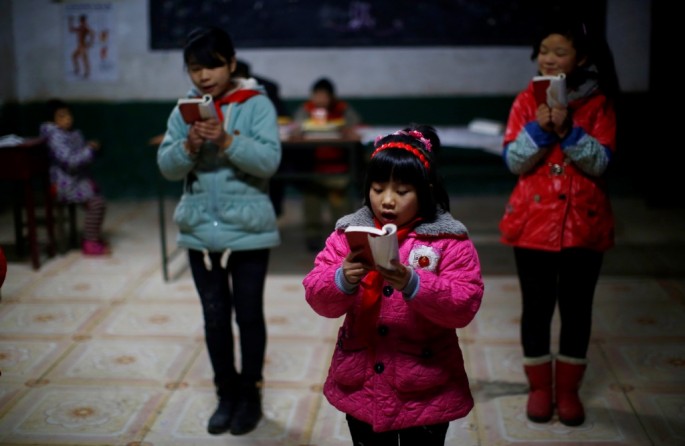China’s senior officials unveiled on Wednesday plans to benefit rural teachers and public hospitals as well as improve public supervision of court cases.
The plans were approved at the 11th meeting of the Central Leading Group for Deepening Overall Reform in Beijing, during which President Xi Jinping, who is also head of the group, pressed the country's lawmakers to "show courage and guts" in implementing reform. Deputy group heads Li Keqiang, Liu Yunshan and Zhang Gaoli were also present during the meeting.
Under the plan, the government will provide support to rural teachers over a five-year timeline and draft guidelines in reforming public hospitals.
Means of increasing the number of good teachers in poor areas include improving teachers' political and moral awareness, increasing their income, and persuading urban teachers to work in rural schools, according to a statement issued after the meeting.
It is crucial that every child receives an equal education so as to stop poverty spreading to the next generation, the statement added
The group members also agreed that urban public hospitals should be operated with the public good in mind rather than profits, and that services should be accessible, equal, and beneficial for all.
The meeting also saw the approval of a pilot plan reforming the people's juror system, under which supervisors employed by the courts scrutinize judges' decisions.
The system, a vital part of socialist democracy, should be reformed in a bid to promote judicial democracy and fairness, the statement said, noting that the planned reform will concentrate on giving more freedom in jurors' selection and expanding their participation in trials.
Other issues discussed during the meeting include a proposed case filing register system for accepting and hearing court cases and a five-year plan for implementing the measures laid out during the fourth plenary session of the Communist Party Central Committee.
The group members also reached a consensus that as many reform details should be disclosed to the public as possible.



























